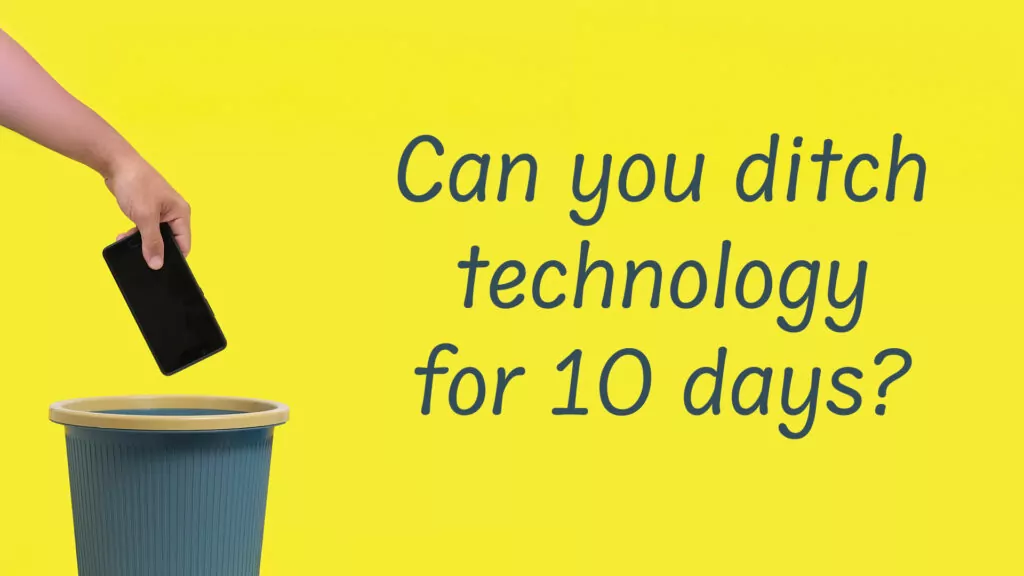The social media app that’s convincing youth that babies are boring, and other such lies.
*****
A hundred years before the invention of the television, Danish theologian and philosopher Søren Kierkegaard wrote:
“Suppose someone invented an instrument, a convenient little talking tube which, say, could be heard over the whole land … I wonder if the police would not forbid it, fearing that the whole country would become mentally deranged if it were used…”
The prescient comment was part of his criticism of the daily press, specifically how the constant stream of news inflates the importance of momentary events in people’s minds. Imagine what he might have said about the evening news on television, once a literal “tube,” which Neil Postman criticized for making us all dumber.
In the end, it is the smart phone, along with social media platforms like TikTok, that has finally fulfilled Kierkegaard’s nightmare. The ultimate “talking tube” that goes everywhere with us, the smart phone has proven to be particularly detrimental, especially to young people. The connection between social media use and depression, anxiety, and other mental health problems is now well-established, for all the reasons Kierkegaard foresaw.
And now, as it turns out, social media platforms also make users less interested in having children. Recently, Finnish sociologist Anna Rotkirch published an article in the Berlin Review entitled, “The TikTok Baby Bust.” In it, she explains how the introduction of the app coincided with a rise in “anti-natalist values [and] memes,” worsening mental health (especially for girls), and degrading social skills. Specifically, TikTok users became “more likely to embrace the idea that ‘I want to do other interesting things in life besides having a child.’”
One way that TikTok discourages fertility is by portraying the childfree life as more fulfilling than parenthood. Another way is by portraying singleness as more fulfilling than marital life. The combination of the device, the platform, and the messages broadcast on them have, as sociologist Brad Wilcox remarked, “. . .proven to be the ultimate contraception.”
Though few influencers will outright proclaim, “don’t get married or have babies, it’ll ruin your life,” the platform rewards certain messages. So, consumers consistently hear, subtly and quietly, that “life is about self-expression and public performance,” and “you need to be pretty at all costs,” and “sex is only for pleasure,” and “your fertility is an obstacle to your happiness,” and “there are already too many people on this planet.”
I often ask parents and teachers what they would do if a creepy old man were walking around the school whispering awful messages in the ears of their daughters and students. Well, that’s TikTok in a nutshell. The messages common to the platform are damaging enough, and the medium only adds to its power and influence.
In A Practical Guide to Culture, Brett Kunkle and I talk about the importance of artifacts in a culture. Any idea that influences or transforms a culture, for good or for bad, requires tangible things to enable the message. The Protestant Reformation would have never happened without the printing press. The sexual revolution would have never happened without the pill and porn. In the same way, the anti-natalism of our age is made possible by the smart phone equipped with social media.
Platforms like TikTok make it possible to think about ourselves in radically disembodied ways, with a business model that relies on envy and addiction. The constant, unapologetic demand for screentime catechizes users to reject personal relationships, as if the opinions, experiences, and values of distant strangers selected by an algorithm matter more than the people in their own, real lives. So-called “influencers” are put on a pedestal, where they not only champion bad ideas but reward followers who imitate their lifestyles with the promise that they too can be famous. No wonder that over half of millennials report that their ultimate career goal is to be an influencer.
In his book The Anxious Generation, Jonathan Haidt urged parents and educators to get smart phones out of kids’ hands. Exposing young people to the messages common on social media, on a limitless basis, behind closed doors, or during school is simply insanity. A cultural revolution as deep as the TikTok baby bust requires our cooption.
Had Kierkegard seen the smart phone, he would have warned of it as well. He understood, as too few philosophers in his day did, that human beings are not brains on sticks. We are creatures of habit, body, and relationships, which means what we believe has a lot to do with what we do.
If we are to effectively make the case for why marriage and family matter, why children are gifts from God, and why young people should prioritize these real-life relationships, it will require more than words. In this battle of ideas, we must grasp that the “convenient little talking tube” in each of our hands is one of the things deranging young minds today.
For more resources to live like a Christian in this cultural moment, go to Breakpoint.org. This is reprinted with permission from the Colson Center.












